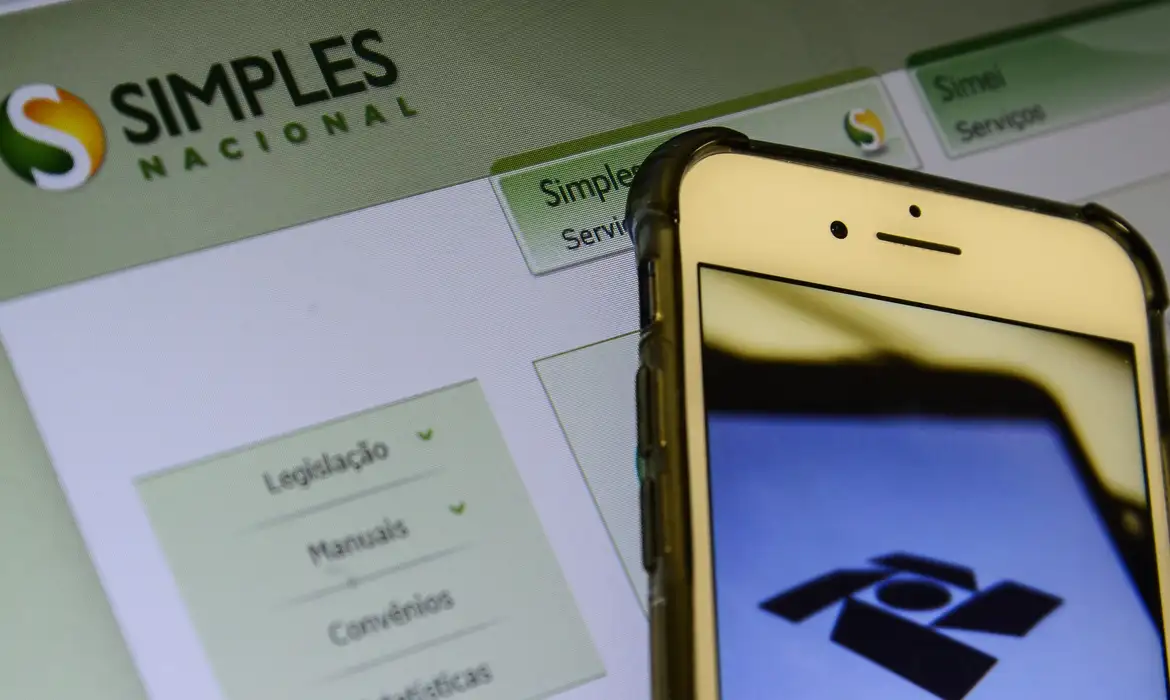Observatory measures digital maturity level of Brazilian MSEs
The platform presents unprecedented data produced by ABDI related to the digital transformation process of companies, in addition to data from various sources such as IBGE, Central Bank, Ministry of Labor and Employment, Foreign Trade Secretariat, SEBRAE and Federal Revenue Service, among others.
ABDI’s Productivity and Innovation analyst, Eduardo Tosta, highlights the importance of collecting, analyzing and using data in making strategic decisions for the development of Brazilian industry.
“The Observatory came to support and provide strategic and relevant information to identify needs, identify data, strategic information to make more assertive and more efficient public policy propositions. Not only the Secretariat for Micro and Small Enterprises will be able to use this information. Any other ministry or secretariat can use it because I manage to have strategic information about small and medium-sized entrepreneurship throughout the country”, he explains.
According to the analyst, the platform will be available to the general public starting next month. For him, the platform benefits entrepreneurs looking for strategic sectoral data.
“In a way, the benefit that the micro-entrepreneur has, even personally if he wants to enter, he gets to know which economic activities are growing, which are in decline. Which ones earn the most, see opportunities regionally, identify entrepreneurs’ profiles. It is possible to make a diagnosis to find out which companies are most undergoing digital transformation. So all of this we manage to have, in a way, in the Observatory, relevant information and data for decision-making”, he points out.
The survey carried out by Sebrae, based on data from the National Classification of Economic Activities (CNAE), shows that, in 2022, 3.6 million new ventures were opened, the majority concentrated in the individual microentrepreneur (MEI) category, which represented 78% of the total. According to the survey, the number of Small Businesses opened last year was the highest in the last 4 years.
In progress in the National Congress, bill 127/2021 proposes to simplify the collection of taxes for these companies and update the annual gross revenue limits to fit in the Simples Nacional. The proposal seeks to allow states and the Federal District to no longer obligatorily adopt the BRL 3.6 million sub-limit.
Currently, the rules establish that local companies with revenues of up to BRL 3.6 million or up to the Simples maximum limit of BRL 4.8 million, pay ICMS within Simples. In cases where revenue exceeds R$ 3.6 million, companies have to pay ICMS and ISS outside of Simples, which can be a complication for taxpayers and the tax authorities.
For federal deputy Luiz Philippe De Orleans Bragança (PL-SP), the project is important for micro and small companies. According to him, the current tax model has a great interference and the tables are outdated.
“This project comes with the intention of updating many of these rates and tax incidence tables. I think it will make life easier for these small and medium-sized companies, which are fundamental for employment, income, consumption, which have so many other effects on all other parts of the economy as a whole”, point.
The bill that updates the table for inclusion in the category of micro-enterprise or small business under Simples is being processed in the Federal Senate.
By Brasil 61




